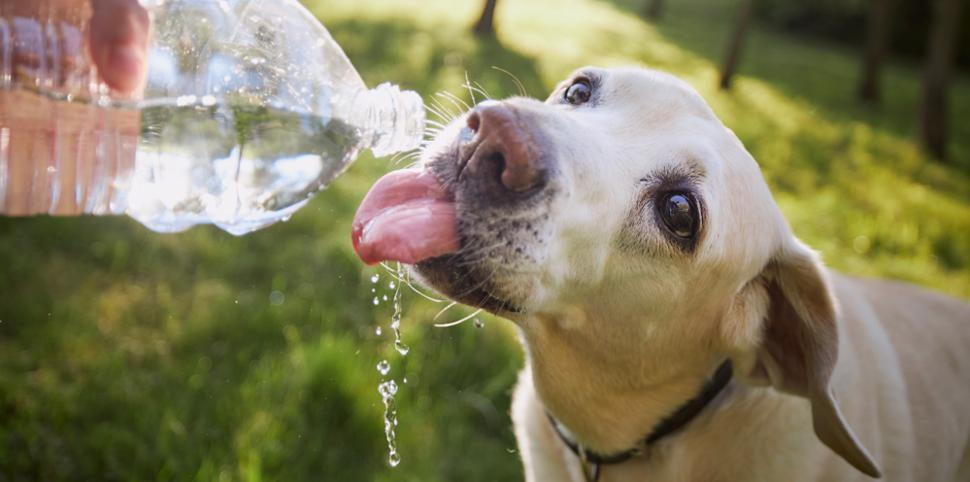
The Importance of Keeping Your Pet Hydrated in the Warmer Months
As the temperature rises and the sun beats down, it's essential to remember that our pet need to stay hydrated too. Just like humans, pets are susceptible to dehydration and heatstroke during hot weather. In this article, we'll delve into the science of dehydration in pets and explore practical strategies to ensure your cat or dog stays well-hydrated throughout the warmer months.
Physiological Effects of Dehydration
Dehydration can have serious consequences for pets, impacting their overall health and well-being. When pets become dehydrated, it can lead to a range of issues, including decreased energy levels, dry and sticky gums, and in severe cases, organ failure. Additionally, dehydration can impair the body's ability to regulate temperature, putting pets at a higher risk of heatstroke. Understanding these physiological effects is crucial for pet owners to recognize the signs of dehydration and take proactive measures to prevent it.
How to Keep Your Pet Hydrated
There are various ways to ensure your pet stays well-hydrated. Some strategies to consider include:
● Ensure access to fresh water at all times, especially when outdoors.
● Incorporate wet food into your pet's diet to increase moisture intake.
● Use pet-friendly ice treats or frozen watermelon to provide hydration and relief from the heat.
Choosing the Right Water Sources
The quality of water is as important as the quantity. Tap water is generally safe for pets, but if you're unsure about the water quality, consider using filtered water. Additionally, avoid offering pets water from pools, as it may contain harmful chemicals. By choosing the right water sources, you can minimize the risk of your pet consuming contaminated or unsafe water.
Monitoring and Encouraging Water Intake
Monitoring your pet's water intake is crucial, especially during hot weather. Encourage drinking by placing multiple water bowls around the house and yard, and consider investing in a pet fountain to keep the water fresh and enticing. You can also monitor hydration levels by checking for pale or clear urine, as darker urine may indicate dehydration.
Tailored Hydration Needs for Different Pets
Different pets have varying hydration needs. Dogs, for instance, may require more water during outdoor activities, while cats may prefer running water. Small mammals like rabbits and guinea pigs may benefit from fresh vegetables with high water content. Understanding these tailored hydration needs allows pet owners to provide the best care for their specific furry companions.
Contact us for an Appointment Today!
Remember, a well-hydrated pet is a happy and healthy pet, ready to enjoy the summer sunshine by your side. If you have any concerns about your pet's hydration or suspect they may be suffering from heatstroke. call East Valley Emergency Pet Clinic at (909) 861-5737 for immediate assistance. We look forward to improving your cat or dog’s health and wellness!
